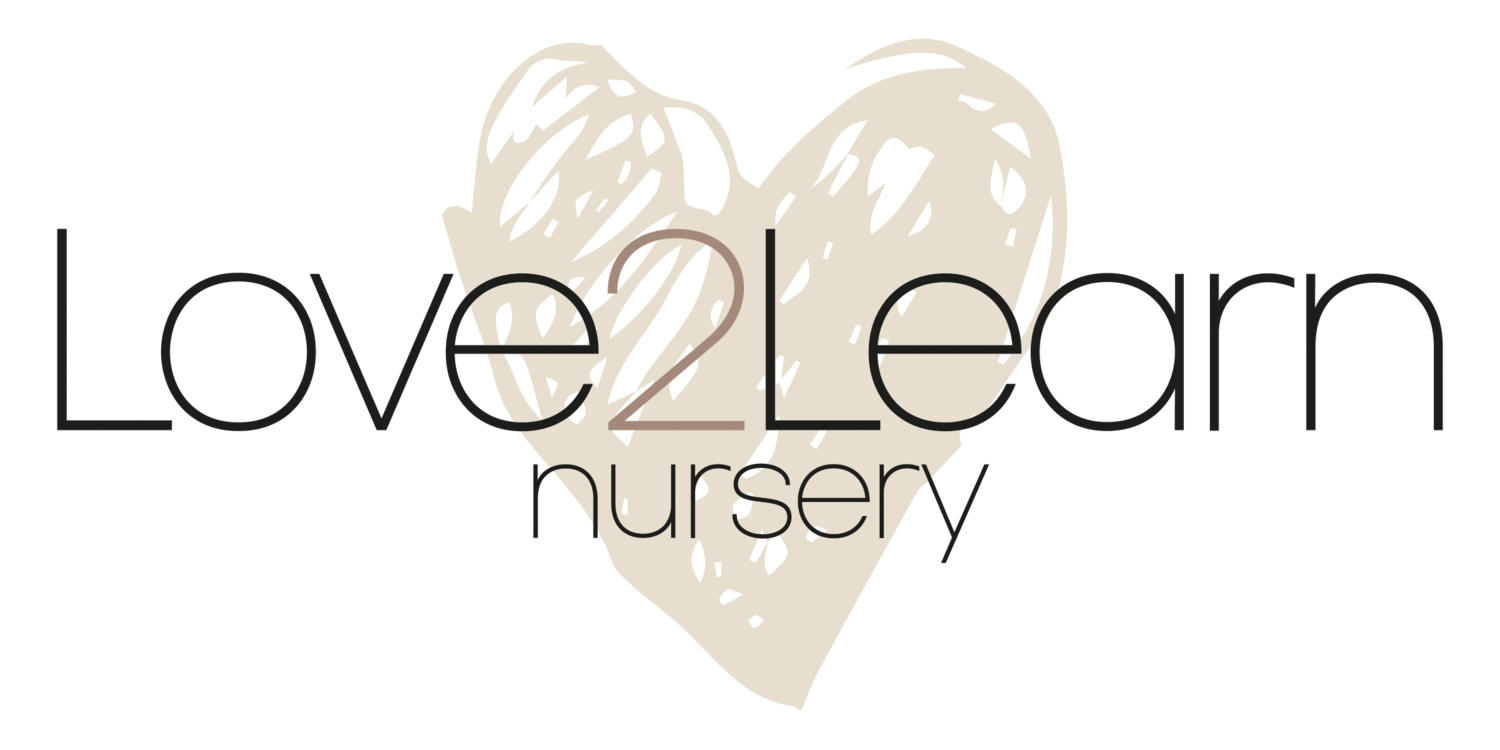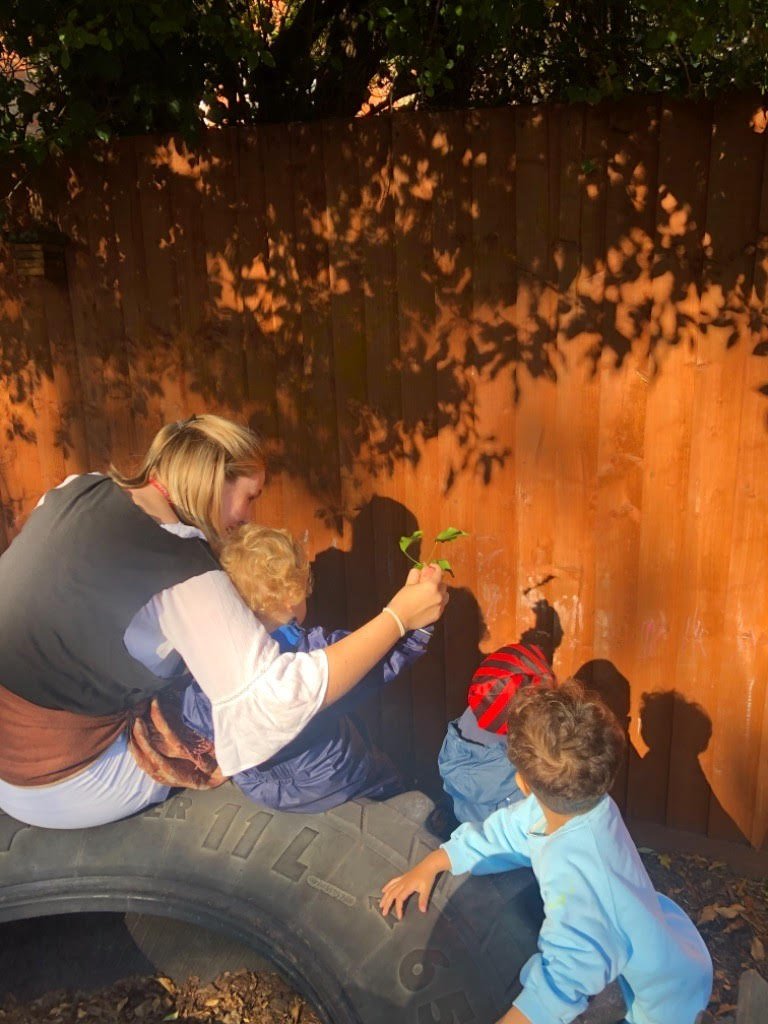Sun Safety
When the sun shines, spirits are lifted and many of us venture out doors, to enjoy the warm weather.
But how important is it to wear sunscreen and take safety measures in the sun?
Around 90% of skin cancer is preventable, so ensuring we are educated in protecting not only our selves, but our little ones is vital.
In the UK, 1 in 34 males and 1 in 47 females will be diagnosed with a melanoma during their lifetime and it is now one of the largest killing cancers in people ages 15 to 34!
Yet still, around 90% of these cases can be prevented!
So, how can we enjoy the sun safely?...
Sunshine is good for us, delivering essential vitamins to be healthy and happy. However, over exposure to harmful UV rays is a dangerous health risk and the primary cause of the UK's most common cancer.
Ultraviolet rays are a known carcinogen, over exposure as a child can dramatically increase a persons risk of developing the illness later in their life.
Children spend nearly half of their childhood outdoors.
Children attending schools will frequently visit the playgrounds during peak UV hours, which is between 11am and 3pm.
This is why it is imperative that children understand the importance of wearing sun screen, to protect them from UV damage, ensuring they learn how to enjoy the sun safely.
As adults, we are tasked with the responsibility of educating the children in our care and ensuring we follow and spread awareness of sun safety.
Here are our top tips:
Reduce the risk of sun damage, by seeking shade during peak UV hours - remember you should wear sun cream, even if you are in the shade.
Outfit choice is also important, clothing will offer some protection from UV rays, for example using a cover up at the beach, or wearing a t-shirt.
One of the best forms of protection is a hat!
A full hat with a brim all the way around will offer shade to your face, ears and the back of the neck - Baseball caps will not offer protection to your ears or the back of the neck.
To protect your eyes, we suggest wearing sunglasses. Your eyes are at risk of cataracts from over exposure to UV rays, wearing sunglasses reduces this risk, whilst also protecting the delicate skin around the eyes. Sunglasses that block UVA and UVB rays, are the best for an all round protection. Most glasses will come with a small sticker on the lens, with the protection information.
The most important step of them all, Sunscreen! The star rating measures the amount of ultraviolet and radiation (UVA) protection. You should see a star rating of up to 5 stars on UK sunscreens. The higher the star rating, the better. Sunscreen should be applied before going out into the sun and regularly reapplied.
Sunscreen Jargon:
SPF - Sunscreens are assigned a sun protection factor (SPF), which is a number that rates how well they filter out UV rays. Higher numbers indicate more protection. You should use a broad spectrum sunscreen with SPF of 15 or higher.
Reapplication - Sunscreen wears off, it must be reapplied after swimming, sweating or towelling off.
Expiration date - Check the sunscreen’s expiration date. Sunscreen without an expiration date has a shelf life of no more than 3 years. Its shelf life is shorter if it has been exposed to high temperatures.
Follow these steps to help prevent future illness and disease!
Enjoy the glorious summer sunshine safely.




